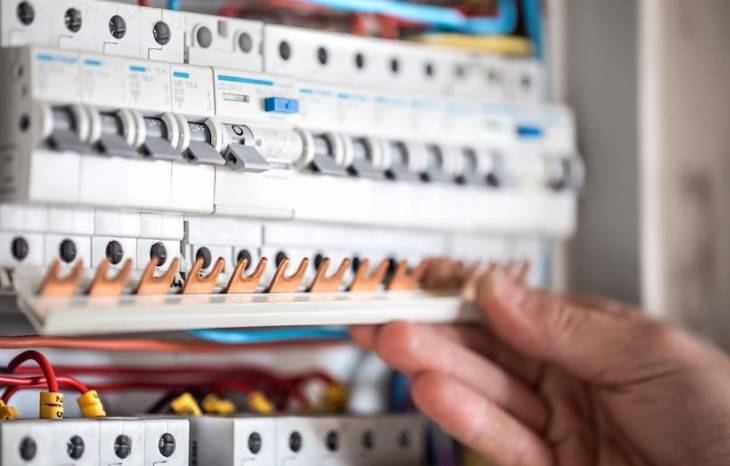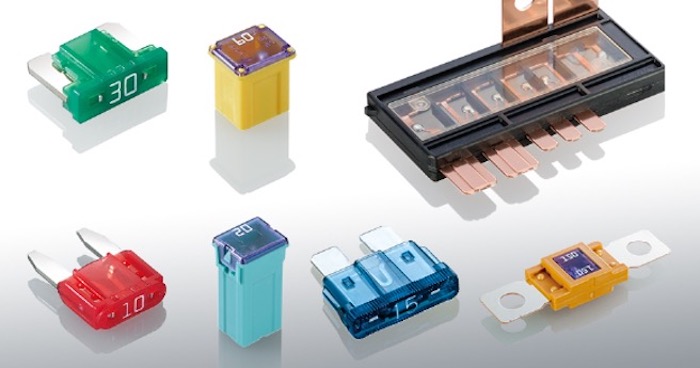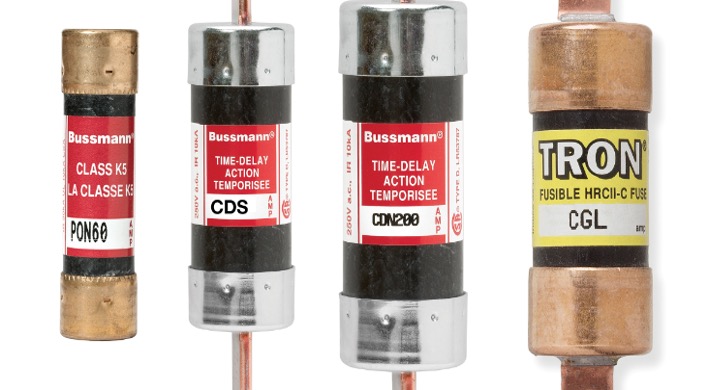Understanding Electric Fuses and their Benefits for Home or Office

Fuses are very useful electrical devices that protect our home and office appliances against too much current flows, which can damage electrical appliances or even cause a fire.
Electric fuses are quite effective for protecting the electrical wiring in a building, be it your home or office. Fuses generally react faster than a circuit breaker, and they are believed to be more failsafe than breakers because they contain fewer moving parts.
But electrical fuses also offer other benefits as well. Let’s highlight some of the other benefits of electric fuses you should know about:
Short Circuit Protection
When electric current flows through a conductor in a circuit, there might be a moment when this conductor becomes overloaded and cannot carry any more electric current at once. If this happens, then your appliance will stop working. This is called an overload or short circuit.
An electric device using a fuse has a protection function that prevents such a situation from happening and keeps your appliance working even when overloaded or short-circuited.
Guard Against Current Leakage
When an electric appliance is supplied with electricity through its terminals, it may draw more than its rated power supply or voltage rating due to various reasons like leakage currents from other circuits in your home/building and extra loads on the system (such as multiple appliances) etc., which can cause excessive current flow into your system
Although fuses work in different ways, they guard against this excessive current/voltage flow that can cause overheating of components and damage to them leading to breakdowns or fires.
Wide Variety and Ease of Use

Electric fuses come in a wide variety, including “one time only fuse,” “resettable fuse,” and “current limiting and non-current limiting fuses” that are all used for different applications.
You also have fuses in various forms, including hardwire, plastic, and cable. The most common types are hardwired fuses made of metal and require installation into a specific circuit box for proper use.
Plastic or cable fuses offer an alternative to this fuse; however, as long as one end is connected to an electrical source, such as an outlet plug or light switch, the fuse will work. This makes it easy to install these fuses into any electrical outlet or light switch.
Easy to Install
Installing electric fuses in a fuse box is usually easy and straightforward—with obvious safety precautions, of course. All you need to do is simply unscrew the blown fuse just as you would a light bulb, or remove the fuse from the clips holding it ;in the fuse box and replace it with a new one.

When replacing a fuse, make sure you install a new fuse that has the correct rated ampacity. The ampacity rating refers to the max number of current (measured in amps) that the fuse can carry before it blows and breaks the circuit.
NEVER replace a fuse with another fuse that is rated at a higher ampacity than is required to avoid blowing the fuse and causing increased risk of an electrical fire. For example, don’t use a 30 amp fuse to replace a 20 amp fuse, as this may overheat the wiring and cause a fire.
Low Maintenance
The maintenance and repairs costs of many appliances once they become damaged or worn out over time is relatively high these days. With fuses, however, there are no maintenance requirements, adjustments, or settings necessary. This means that by using an electric fuse instead of a mechanical one, you can save money on regular maintenance and repairs costs.
Moreover, you can also reduce your carbon footprint with fuses. This is because you’ll be using less energy overall, which is good for the environment, and for your daily uses at home or office.
In Conclusion
The most common use for fuses is to protect electrical appliances, circuits, and other sensitive electrical equipment from current surges. The faster circuit protection time of fuses is perhaps their biggest benefit over circuit breakers.
However, when installing a new fuse, make sure that the correct size fuse is used for the job. If you use an incorrect amp rated fuse, it could lead to fire or electrical damages in your home.




















